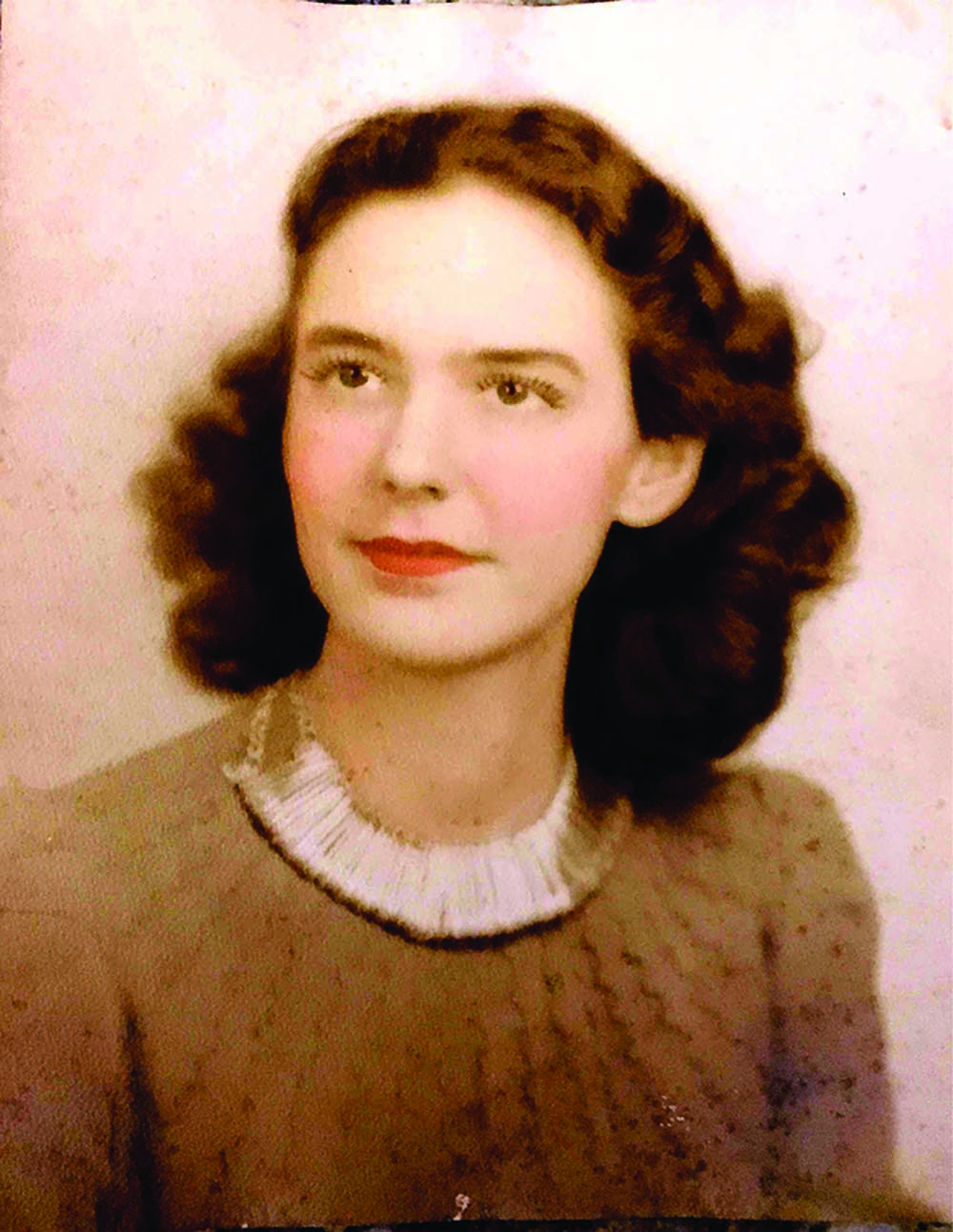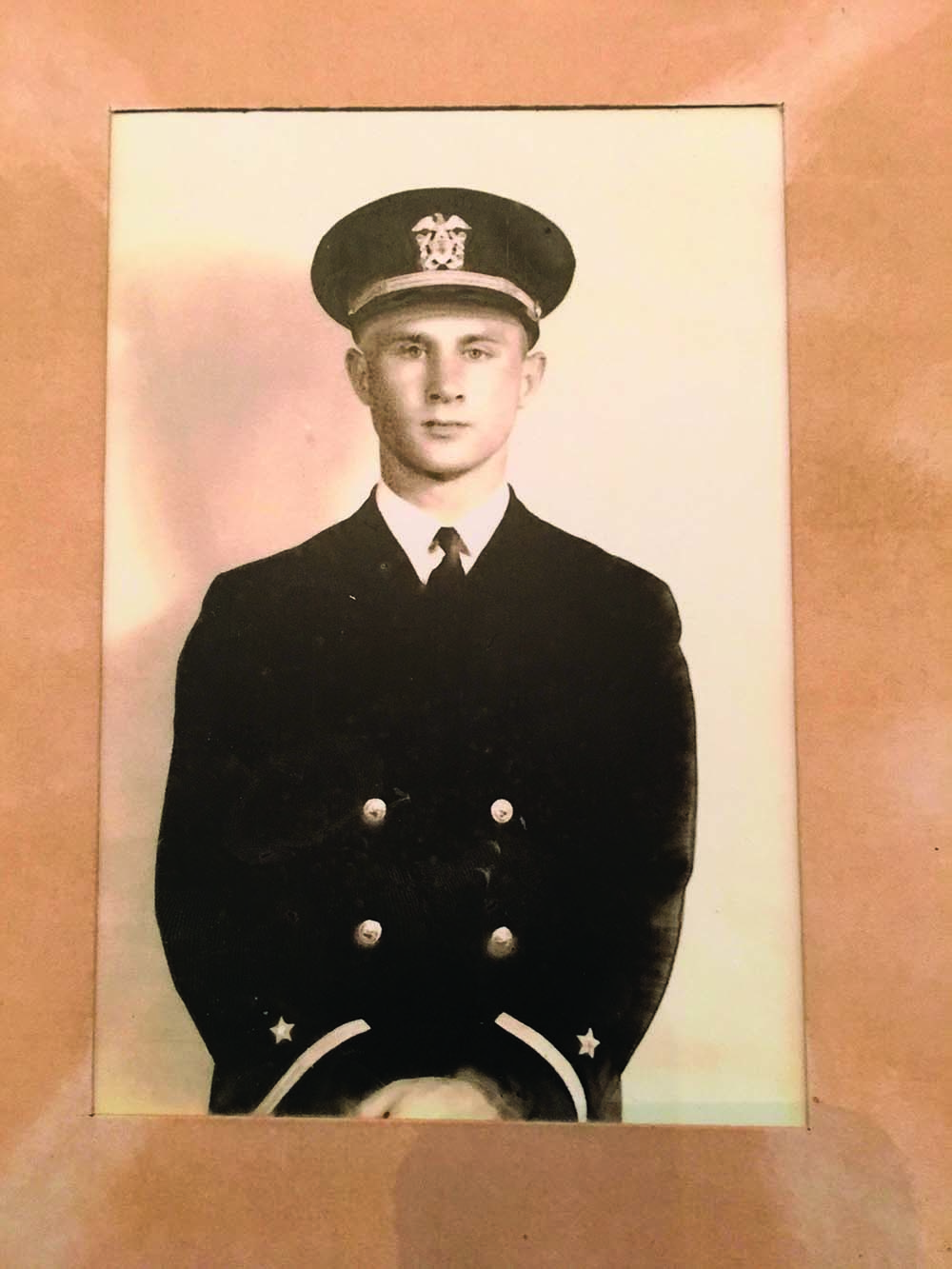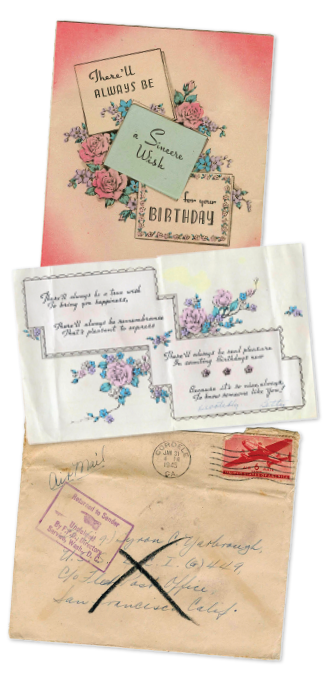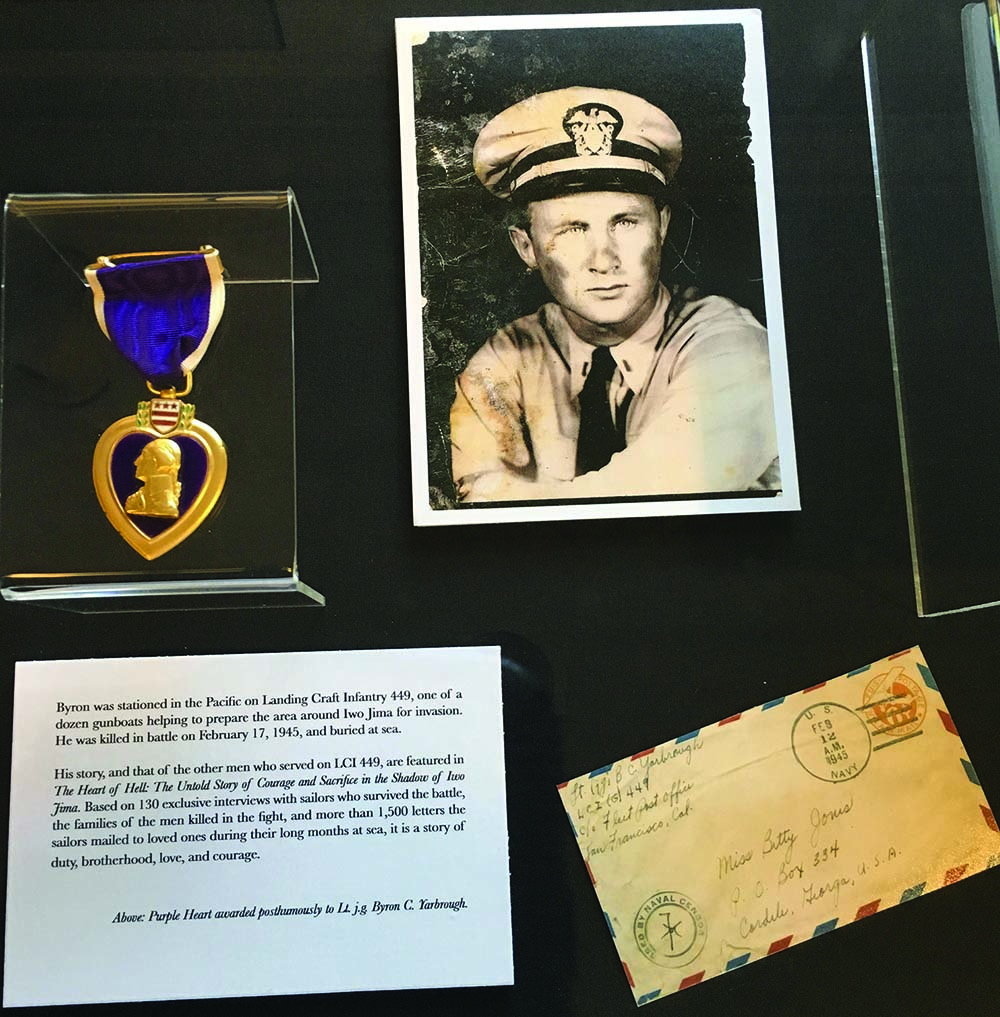
By M.J. Ellington
As Valentine’s Day approaches, a theatrical work is taking shape, one that will explore the theme of love by drawing from the real-life stories found in 200 years of correspondence at the Alabama Department of Archives and History.
The production will use letters, poems, music and acting to highlight many kinds of love in Alabama – including love of family, justice and country, as well as the love between romantic partners. While not attempting to chronicle 200 years of love in the state, it will instead “collage archival pieces together to show different views of a particular moment in Alabama history, and use stories of love as the vehicle,” says Auburn University theater professor Tessa Carr.
She has written and will direct “Alabama Love Stories,” which will be a broad sweep of many different kinds of love across 200 years. The stories are real, and trace not only the love people shared, but also give a sense of the era in which they lived.
“These were ordinary people in extraordinary circumstances,” Carr says.

One example comes from the letters written during the Civil War between a slave imprisoned in Georgia and his owner’s wife. He was concerned that his family might be split up and sold, making it impossible for him to ever find them.
But one of the production’s love stories – which has a captivating modern-day tie – began innocently enough with friendly pen pal letters from November 1944 to March 1945.
This love story developed between Auburn University graduate and Auburn native Byron Chew Yarbrough, a Navy lieutenant junior grade, and his pen pal, Mary Elizabeth “Betty” Jones of Cordele, Ga. The letters ended soon after Yarbrough’s death on Navy Landing Craft 449, during bitter conflict leading up to the battle of Iwo Jima.
Yarbrough died near the end of the war, three months before he was due to come home and finally see the woman who had agreed, through their pen pal “dates,” to share the future with him. Details of their letters show how the friendly correspondence between a sailor at war and a woman doing her part to encourage a sailor with stories about life back home gradually grew into love, though they knew each other only through the letters and photos.
Discovering a love story

Alabama genealogist and ADAH research coordinator Nancy Dupree, who is Jones’ niece, uncovered the story from a bundle of letters tied with blue ribbon in a trunk in her parents’ attic. The pen pal romance had lifelong impact on the rest of Jones’ life and puzzled the two families for more than half a century.
“We always wondered what happened to Betty,” a Yarbrough relative in Texas told Dupree when she finally tracked him down.
In 2005, Dupree was at her parents’ house in Cordele, Ga., cleaning out the attic in preparation for a move. She was heading back downstairs when she noticed an unfamiliar trunk.
Dupree opened the trunk and found a stack of letters tied with blue ribbon. The letters were between Jones, who was her father’s sister, and Yarbrough, who grew up at Pebble Hill in Auburn, the son of a doctor. Some of the letters to Yarbrough had been stamped “undelivered” and returned by the War Department unopened.
Dupree took the letters downstairs and asked her mother about them. Her mother knew nothing about trunk or the letters. She said the trunk likely came after Jones’ parents, who lived next door, died. Betty was their daughter and had moved home to help care for them in their old age.
Dupree brought the letters back to Alabama when she returned home, opened them in chronological order at her dining room table, read them and cried. She said her beautiful aunt, whom she described as “stunning,” never married, became an alcoholic and lived a sad, often lonely life until she died.
“Their plans were to have a future together, but the ship was bombed and he died,” Dupree says. Betty Jones didn’t hear right away that Yarbrough was killed, so she kept writing

letters to him daily, even after she stopped getting any in return.
After Dupree located a Yarbrough relative in Texas, the two families pieced the pen pal story together, sharing information along the way. The Yarbrough family, long interested in the untold story of the Iwo Jima battle, contacted Pulitzer Prize-winning author Mitch Weiss about Landing Craft 449 and the bravery of the men aboard the ship.
Weiss’ book, The Heart of Hell, about Landing Craft 449 and the sacrifices surrounding the Battle of Iwo Jima, included correspondence between the men on the ship and people back home, including the Jones-Yarbrough romance. Betty Jones is acknowledged at the front of the book.
“It really ought to be a movie,” Dupree says.
WANT TO GO?
What: “Alabama Love Stories,” a collaged original work that draws its inspiration primarily from archival materials found at the Alabama Department of Archives and History, is part of the Alabama Bicentennial celebration.
When: April 11-20, 2019
Where: Telfair Peet Black Box Theatre, 350 W. Samford Ave., Auburn




